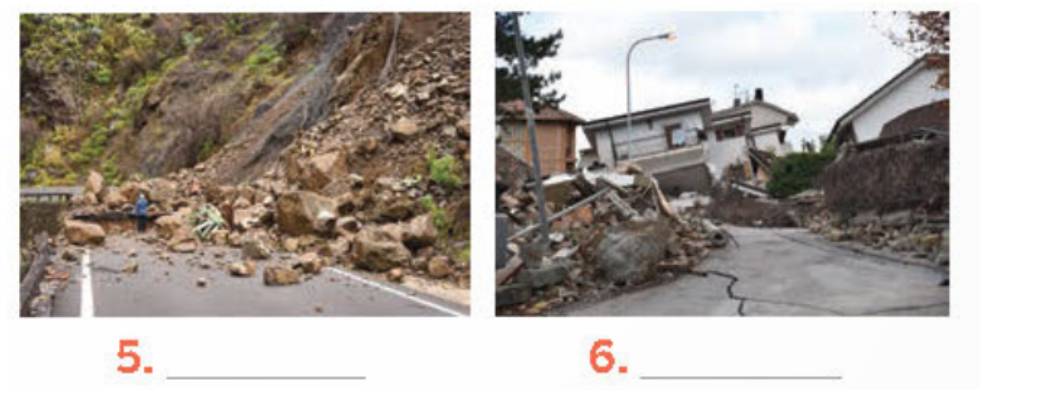Hãy nhập câu hỏi của bạn vào đây, nếu là tài khoản VIP, bạn sẽ được ưu tiên trả lời.

A. Kay: Hi, Sally. (1) _____________Long time to see____________! What are you doing here?
Sally: Oh, hi, Kay. (2)_________Would you some more coffee or something else?_______________, I expect…..just shopping.
B. James: Do you mind if I sit here?
Lucy: No, (3) _____________________. (4) _____________________.
James: I’m James. (5) ____________Nice to meet you__________________.
Lucy: Hi, I’m Lucy.
C. Brian: Was everything all right with your meal?
Tracy: (6) ____________Not at all________________________.
Brian: (7) __________Same as you___________________________
Tracy: No, thanks. Just the bill. We must get back to work.
D. Peem: Look at the people in that rowing boat. I’m sure they are in trouble.
James: (8) ____You're right _______. _____Come on ________. Let’s go and get help.
E. Beggar: Can you spare any change, sir? For the homeless.
Charles: (9) _____________No , I'm sorry_________________.
Diana: Wait a minute. Here you are.
Beggar: Thanks. (10) ________Have a nice day____________________.
Có cái chỗ bỏ trống ý thì mình chịu còn mấy ý kia mình đã làm có thể là hợp lí rồi , còn sai thì thôi nha ! Bài khó :V

1. flood | 2. tornado | 3. vocalnic eruption |
4. storm | 5. landslide | 6. erathquake |

Once upon a time, there (1) __was___a pretty young girl named Cinderella. She (2) lived with her mean stepmother and two jealous stepsisters. Poor Cinderella at and (5)__had___nothing to wear but old clothes.But no matter how mean her stepmother and stepsisters (6)__were___,Cinderella was alway cheerfuns. Even the animals (7)__loved___to be near her. One day a letter (8)__came___, inviting everyone to the King's palace for a ball.
Cinderella's stepmother (9)___said__, "Cinderella, you may go, but only if you finish your work."
Cinderella (10)___washed__, (11)__ironed___, and (12)__scrubed___ floor all day. Meanwhile, Cinderella's litter friends made her a lovely gown. When Cinderella's stepsisters (13)__saw___ the gown, they (14)__tore___it to pieces. "That's my ribbon !" cried one.
"And those are my beads ! " the orther shouted. Cinderella (15)___ran__ to the garden in tears. " Now I can't go to the ball" she cried.
" Don't cry, my child, " (16)__said___a gentle voice.
" I am your fairy godmother, and I have come to help you. "

1:true
2:true
3:false
4: false
bài này lớp 5 cx làm đc
| Statements | True | False |
| 1. The writer has two close friends | x | |
| 2. They're in the same class | x | |
| 3. Mai s reading | x | |
| 4. Hanh s sport | x |

V. Complete the passage with the appropriate words connected with the subjects of computer.
A computer has a (1)_keyboard_ similar to that of the typewriter. The machine has a (2)socket at the back so that you can connect it to a (3)monitor which has a (4)screen like a television. We often use a (5)program which someone has written . All the information is stored on (6)disk, and at the side of the computer there is a (7)mouse. A (8) printer is used to copy the information onto paper.

I.
1.C 2.A
II.
1.C 2.A
III.
/br/:bread; brush
/pr/: present; president
/bl/: blue; block
/cl/: climb;class
Chúc bạn học tốt!!
Bạn nhớ k đúng cho mình nha!!
I. Pick out the word which has different sound in the underlined part in each line. (0.5pt)
1. A. end B. pencil C. open D. bench
2. A. wanted B. washed C. watched D. stopped
II. Pick out the word which has the stress pattern different from that of the other words.(0.5pt)
1. A .teacher B. doctor C. expect D. father
2. A enjoy B. listen C. adore D. detest
PART B: LANGUAGE FOCUS (4.0pts)
I. Write the words in the correct boxes. (1.0 pt)
Climb blue class bread present brush president block |
Cluster | Words |
/br/ | bread ; brush . |
/pr/ | present ; president |
/bl/ | blue ; block . |
/cl/ | Climb ; class . |


1. remembers your birthday: thoughtful
2. is not shy: confident
3. listens to your problems: sympathetic
4. does very brave things: heroic
5. plans things carefully: organised
6. gives people more than they need: generous
7. waits for others: patient
8. returns a lost wallet: honest